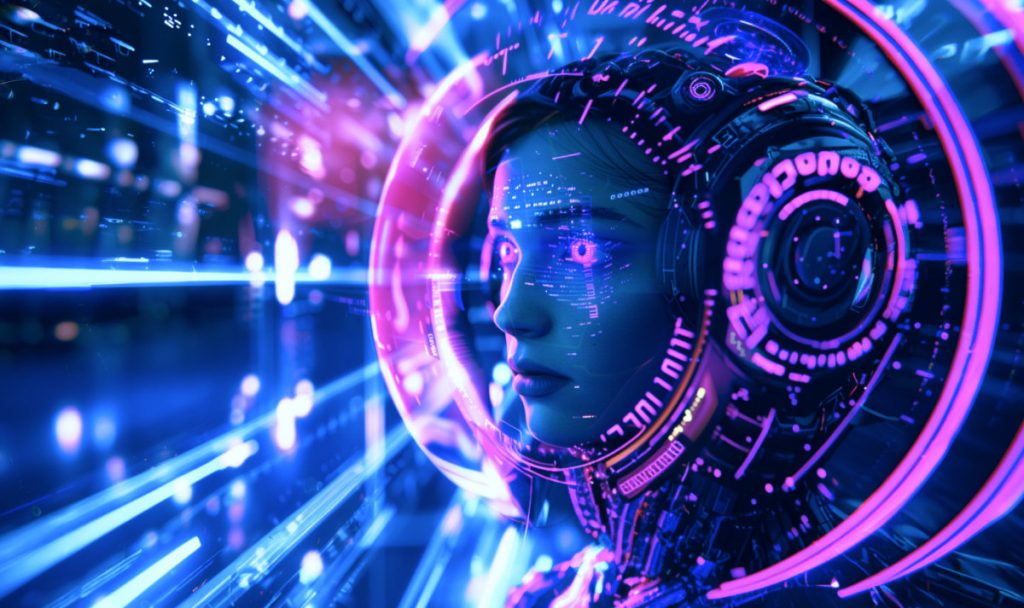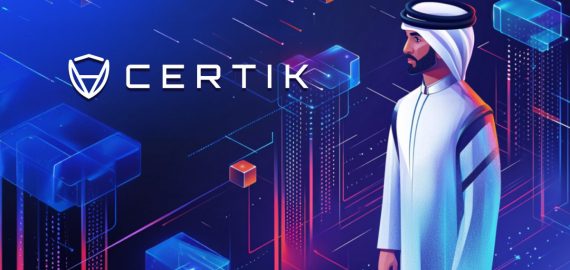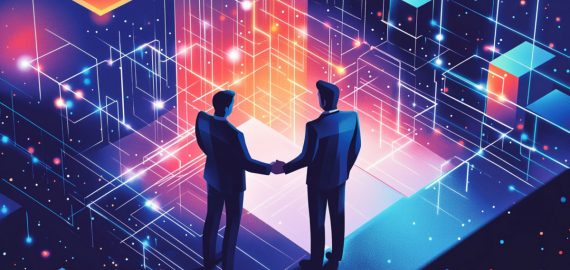OpenAI Unveils Its Consumer Privacy Terms, Aiming To Redefine AI Model Training By Reducing Personal Data Usage


In Brief
OpenAI enables users of ChatGPT to choose whether they want their data to be used for future AI model improvements.

Artificial intelligence research organization, OpenAI introduced its data protection measures. Users of ChatGPT have the ability to manage their data through settings, and both free and Plus users can decide if they want their data to be utilized for future model improvements, offering a degree of control and transparency.
In a recent announcement, the company emphasized that it will not use the data of Application Programming Interface (API), ChatGPT Enterprise Edition customers, and ChatGPT Team Edition customers for model training by default. Additionally, data from ChatGPT’s “Temporary Chats” will also be excluded from model training.
OpenAI clarifies that the objective of model training is to enhance the model’s language understanding and response capabilities, not to gather private information. They do not intentionally collect personal data or utilize public internet information to develop personal profiles, place advertisements, or sell user data. With each response, the model generates new content rather than storing or reusing previous training data.
In addition, the company is dedicated to minimizing the amount of personal information used in model training. They train their models to reject requests involving private or sensitive data and strive to prevent the generation of responses that include such information.
OpenAI Begins Training Its Next-Generation AI Software
This company is dedicated to research and development in the fields of artificial general intelligence (AGI) and generative models. Its most prominent achievement so far is the innovative chatbot ChatGPT.
According to the company, OpenAI’s large language models (LLMs), which include those powering ChatGPT, are developed using three main sources of information: publicly available data from the internet, licensed information from third parties, and data provided by users or human trainers. This diverse data sourcing supports the models’ comprehensive understanding and functionality.
In May, OpenAI started training its next-generation AI software. Furthermore, despite this advancement, the company has reconsidered its previous assertions about aiming to develop “superintelligent” systems that surpass human intelligence, reflecting a more cautious approach to AI development.
Disclaimer
In line with the Trust Project guidelines, please note that the information provided on this page is not intended to be and should not be interpreted as legal, tax, investment, financial, or any other form of advice. It is important to only invest what you can afford to lose and to seek independent financial advice if you have any doubts. For further information, we suggest referring to the terms and conditions as well as the help and support pages provided by the issuer or advertiser. MetaversePost is committed to accurate, unbiased reporting, but market conditions are subject to change without notice.
About The Author
Alisa, a dedicated journalist at the MPost, specializes in cryptocurrency, zero-knowledge proofs, investments, and the expansive realm of Web3. With a keen eye for emerging trends and technologies, she delivers comprehensive coverage to inform and engage readers in the ever-evolving landscape of digital finance.
More articles

Alisa, a dedicated journalist at the MPost, specializes in cryptocurrency, zero-knowledge proofs, investments, and the expansive realm of Web3. With a keen eye for emerging trends and technologies, she delivers comprehensive coverage to inform and engage readers in the ever-evolving landscape of digital finance.



















































